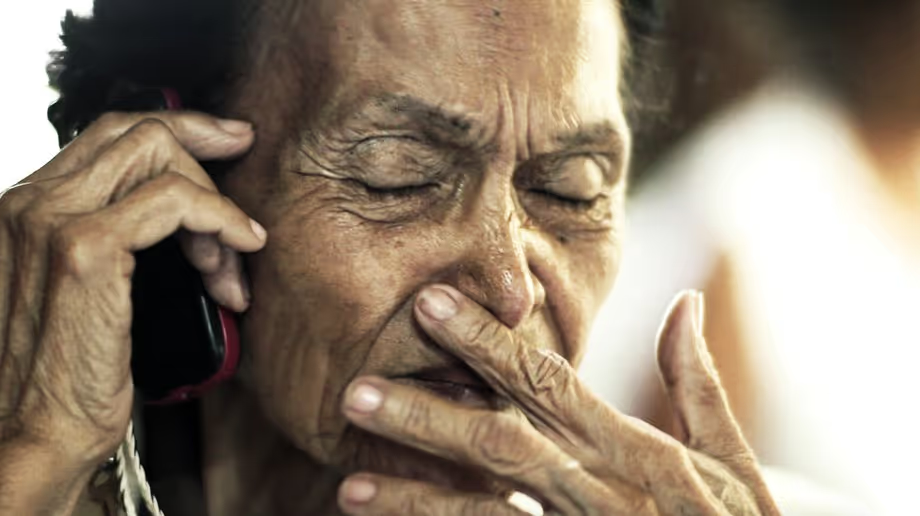The Apology Delve Deeper Reading List
Adult Nonfiction

Qiu, Pei Pei.Chinese Comfort Women: Testimonies from Imperial Japan’s Sex Slaves. Oxford University Press, 2014.
Accountability and redress for Imperial Japan's wartime "comfort women" have provoked international debate in the past two decades. Yet there has been a dearth of first-hand accounts available in English from the women abducted and enslaved by the Japanese military in Mainland China -- the major theatre of the Asia-Pacific War. Chinese Comfort Women features the personal stories of the survivors of this devastating system of sexual enslavement. Offering insight into the conditions of these women's lives prior to and after the war, it points to the social, cultural, and political environments that prolonged their suffering.
Soh, Chunghee Sarah.The Comfort Women: Sexual Violence and Postcolonial Memory in Korea and Japan. University of Chicago Press, 2008.
In an era marked by atrocities perpetrated on a grand scale, the tragedy of the so-called comfort women—mostly Korean women forced into prostitution by the Japanese army—endures as one of the darkest events of World War II. These women have usually been labeled victims of a war crime, a simplistic view that makes it easy to pin blame on the policies of imperial Japan and therefore easier to consign the episode to a war-torn past. In this revelatory study, C. Sarah Soh provocatively disputes this master narrative. Soh reveals that the forces of Japanese colonialism and Korean patriarchy together shaped the fate of Korean comfort women—a double bind made strikingly apparent in the cases of women cast into sexual slavery after fleeing abuse at home.
Yoshimi, Yoshiaki.Comfort Women: Sexual Slavery in the Japanese Military During WWII. Columbia University Press, 2000.
Available for the first time in English, this is the definitive account of the practice of sexual slavery the Japanese military perpetrated during World War II by the researcher principally responsible for exposing the Japanese government's responsibility for these atrocities. The large scale imprisonment and rape of thousands of women, who were euphemistically called "comfort women" by the Japanese military, first seized public attention in 1991 when three Korean women filed suit in a Toyko District Court stating that they had been forced into sexual servitude and demanding compensation.
Henson, Maria Rosa.Comfort Woman: a Filipina’s Story of Prostitution and Slavery by the Japanese Military. Rowman & Littlefield Publishers, 1995.
In April 1943, 15-year-old Maria Rosa Henson was taken by Japanese soldiers occupying the Philippines and forced into prostitution as a comfort woman. In this autobiography, Rosa recalls her childhood as the illegitimate daughter of a wealthy landowner, her work for Huk guerrillas, her wartime ordeal, and her marriage to a rebel leader who left her to raise their children alone.
O’Herne, Jan Ruff.Fifty Years of Silence. Sydney: Penguin Random House Australia, 2011.
Jan Ruff O'Herne's idyllic childhood in Dutch colonial Indonesia ended when the Japanese invaded Java in 1942. She was interned in Ambarawa Prison Camp along with her mother and two younger sisters. In February 1944, when Jan was just twenty-one years old, she was taken from the camp and forced into sexual slavery in a military brothel. Jan was repeatedly beaten and raped for a period of three months, after which she was returned to prison camp with threats that her family would be killed if she revealed the truth about the atrocities inflicted upon her. For fifty years, Jan told no one what had happened to her, but in 1992, after seeing Korean war rape victims making appeals for justice on television, she decided to speak out and support them.
Hicks, George L.The Comfort Women: Japan’s Brutal Regime of Enforced Prostitution During the Second World War. W.W. Norton & Co., 1995.
Over 100,000 women across Asia were victims of enforced prostitution by the Japanese Imperial Forces during World War II. Until as recently as 1993 the Japanese government continued to deny this shameful aspect of its wartime history. George Hicks's book is the only history in English regarding this terrible enslavement of women

